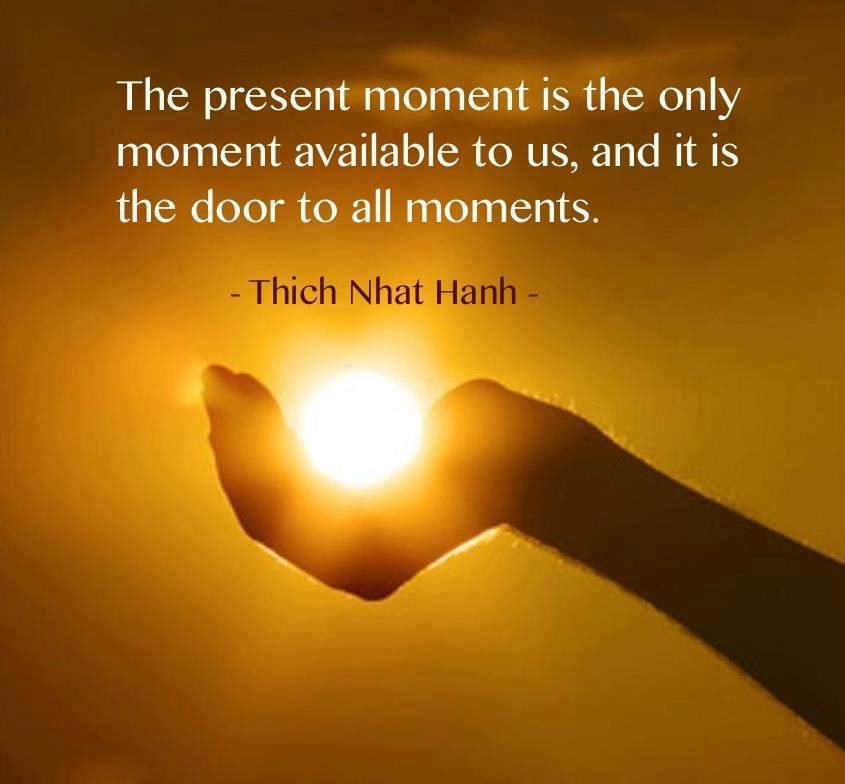
There are two types of time – one is “practical time”. The other is “subjective time”.
Practical time is what we use when there are practical matters to deal with. Subjective time is when we dwell on something from the past or obsess on something in the future and make it part of our sense of self.
In the case of practical time, we include learning from the past but don’t dwell on the past. By learning from the past we can set goals and work towards them and take appropriate action. Any lesson from the past has value in how it is used in the Now, which is, for example, to not make the same mistake over and over.
If you are viewing time from a subjective standpoint, you dwell on what happened in the past and allow it to bring up emotions that are self-critical, such as remorse or guilt. Subjective time is always linked to a false sense of identity. We ARE NOT what has happened in the past. We ARE who we are in the present moment.
We must be alert to the difference between practical time and subjective time and set ourselves a goal of using time for practical matters, while at the same time keeping it objective, rather than subjective.
Another way that subjective time is displayed is when we set a goal and become excessively attached to reaching it. We are not honoring the present moment when we do that. We are just using it as a means to reach an end result. We are no longer able to “smell the roses”.
Subjective time can become a mental illness. As Eckhart Tolle points out,
You will not have any doubt that psychological {subjective} time is a mental disease if you look at its collective manifestations. They occur, for example, in the form of ideologies . . . or rigid religious belief systems, which operate under the implicit assumption that the highest good lies in the future and that therefore the end justifies the means.
He gives as an example the rise of communism to bring about a “better world”, which resulted in the loss of as many as 50,000,000 lives in Russia, China, and other countries.
Ask yourself a couple of questions from Tolle’s book, The Power of Now, to learn whether you are succumbing to the destructive nature of subjective time:
-
Are you always trying to get somewhere other than where you are?
-
Is most of your doing just a means to an end?
-
Is fulfillment always just around the corner or confined to short-lived pleasures?
-
Are you always focused on becoming, achieving, and attaining?
-
Do you believe that if you acquire more things you will become more fulfilled, good enough, or psychologically complete?
-
Are you waiting for a man or woman to give meaning to your life?
I have to admit that a few of those questions have applied to me in the past and will again in the future unless I am ALERT to the danger of this kind of thinking.
I will end with this quote from a book titled, Journey Into Now, written by Leonard Jacobsen:
There is nothing wrong with thinking. There is nothing wrong with entering the world of the mind, as long as you know that you are entering a world of illusion, and you know that only the present moment is the truth of life. Then you can play in the world of time, with your thoughts, memories and imaginings. Enjoy yourself, but be careful! It is easy to get lost there.”
What are your thoughts about this very important challenge?
If you haven’t already done so, please take this moment to subscribe to the Authentic Living E-Newsletter:
Authentic Living Newsletter Subscription
Also, please feel free to share this article with friends, family and your social media contacts.